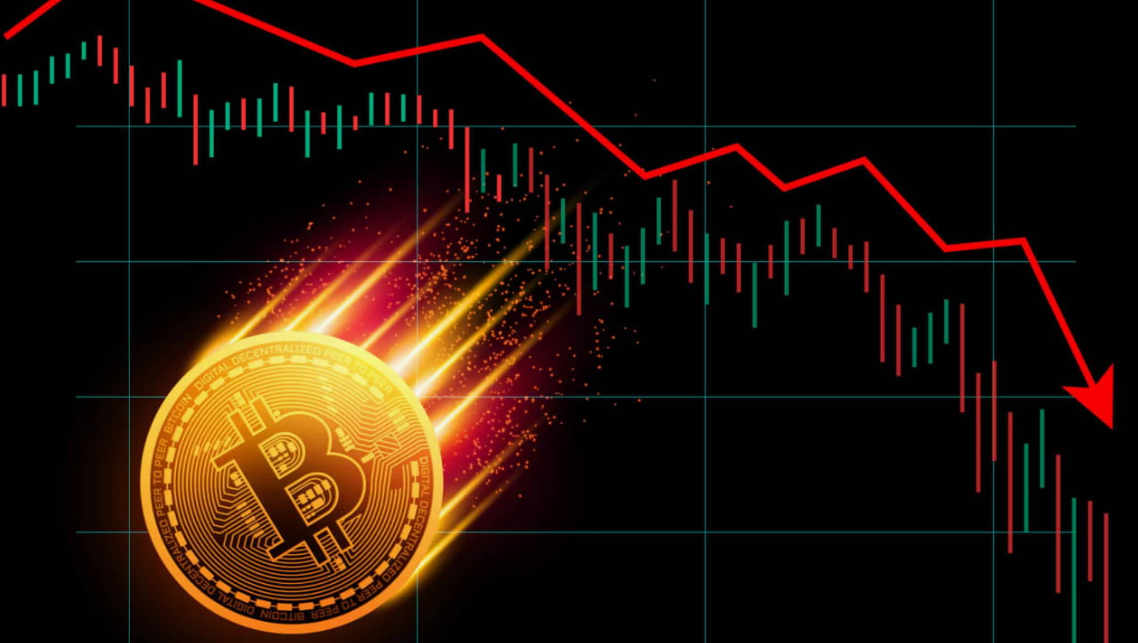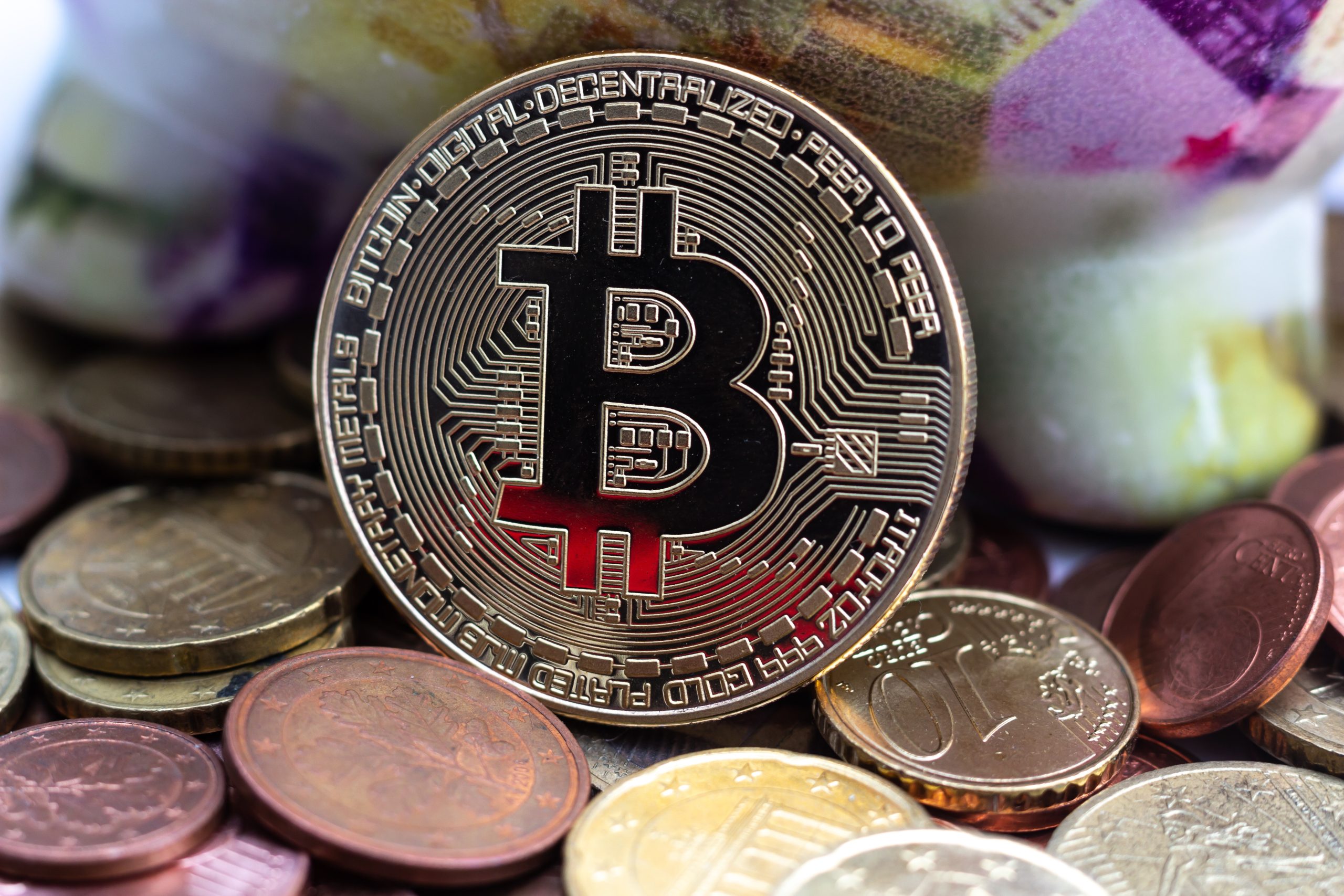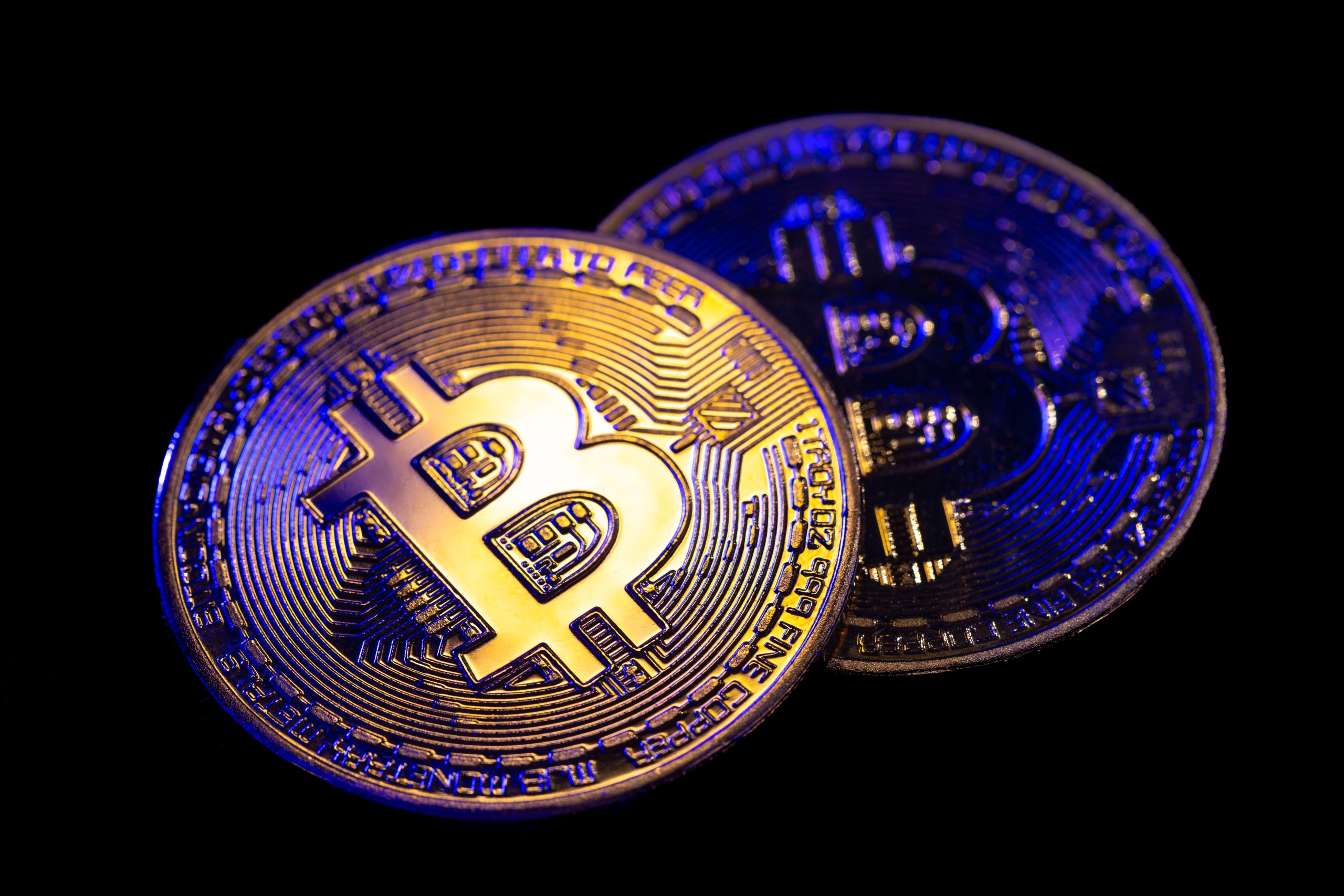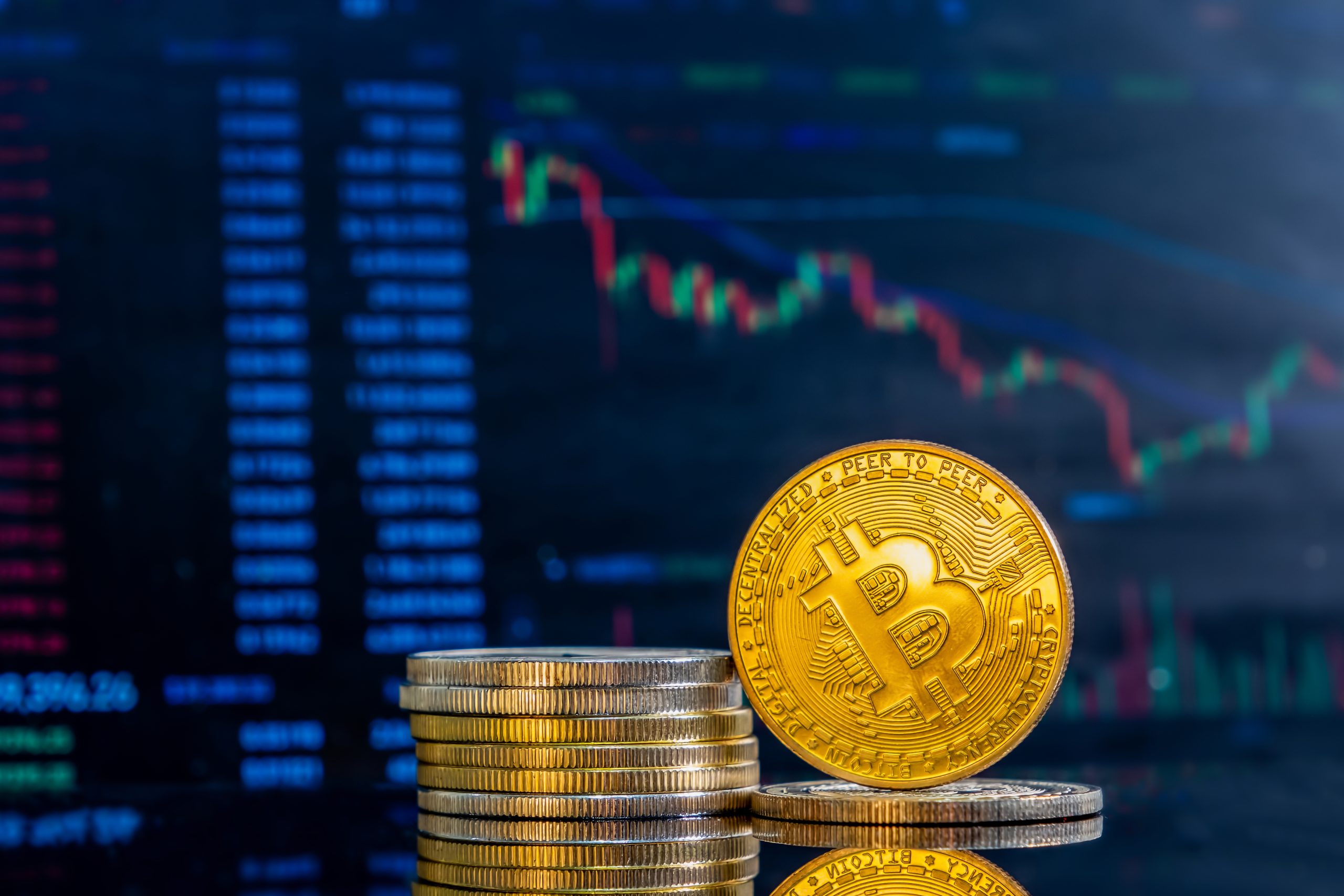Hey there! If you’re diving into the world of currency trading, you’re probably curious about what drives the ups and downs of the market. Currency market movements can seem a bit tricky to understand, but don’t worry! In this article, we’ll break down the key factors influencing these movements in a way that’s easy to grasp. We’ll look at everything from economic indicators to geopolitical events, and by the end, you’ll have a better grasp of what makes currency markets tick.
What Influences Currency Market Movements?
When we talk about currency market movements, we’re really looking at the exchange rates between different currencies. These rates can change for a variety of reasons. Here are the main players:
1. Economic Indicators
Economic indicators are statistics that show the health of a country’s economy. They can have a big impact on currency value. Here are some important ones:
- GDP (Gross Domestic Product): This measures the total economic output of a country. If a country’s GDP is growing, its currency may strengthen.
- Unemployment Rates: High unemployment can indicate a weak economy, which might lead to a weaker currency.
- Inflation Rates: Inflation shows how much prices are rising. If inflation is too high, it can lead to uncertainty in the currency market.
Personal Insight
When I first started trading, I paid close attention to GDP reports. A surprising uptick in GDP for a country can send its currency soaring. It’s a bit like a surprise birthday party—unexpected but super exciting!
2. Central Bank Policies
Central banks, like the Federal Reserve in the U.S. or the European Central Bank, play a crucial role in currency market movements. Here’s how:
- Interest Rates: When central banks change interest rates, it can influence currency value. Higher interest rates usually attract foreign investment, strengthening the currency.
- Monetary Policy: Central banks can also use other tools, like quantitative easing, to influence the economy. These decisions can lead to significant market reactions.
Example
I remember a time when the Fed raised interest rates. The dollar jumped higher, and traders who were long on the dollar made some good profits. It was a clear example of how central bank actions directly influence currency value.
3. Political Stability and Economic Performance
A country’s political situation can have a big effect on its currency. Here’s what to keep in mind:
- Political Events: Elections, policy changes, and political unrest can all lead to uncertainty in the currency market. When there’s a stable government, the currency is likely to be stronger.
- Geopolitical Tensions: Conflicts or tensions with other countries can weaken a currency as investors seek safety in more stable currencies.
Personal Touch
I’ve seen how political events can shake the market. For instance, during elections, currencies can be volatile as traders react to the potential outcomes. It’s always good to keep an ear to the ground about what’s happening politically.
4. Market Sentiment and Speculation
Market sentiment refers to how traders feel about the market and can influence currency movements significantly:
- Trader Sentiment: If traders are feeling optimistic about a currency, they are more likely to buy it, driving up the price.
- Speculation: Traders often buy currencies based on predictions about future movements. This can create a feedback loop where prices change based on anticipated actions.
Example
I’ve often found that news can swing market sentiment dramatically. For example, a positive jobs report can lead to bullish sentiment for a currency, making traders rush to buy before prices rise.
5. Global Events
Don’t forget about global events! Natural disasters, pandemics, or major international agreements can also impact currency markets:
- Natural Disasters: These can disrupt a country’s economy and weaken its currency.
- Global Pandemics: As we’ve seen recently, global health crises can lead to uncertainty, causing currency fluctuations as investors react.
Personal Insight
I vividly recall the market’s reaction to the pandemic. Currencies fluctuated wildly as everyone tried to figure out the long-term impacts. It was a challenging time, but those who stayed informed had the upper hand.
Strategies for Understanding Currency Market Movements
Now that we’ve covered the key factors influencing currency movements, let’s look at some strategies to help you navigate the market:
1. Stay Informed
- Follow Economic News: Keep an eye on economic releases and news that could affect the market. Websites like FXpricing offer real-time data, which is super helpful.
- Use Economic Calendars: Tools like economic calendars can help you track important events that may influence currency movements.
2. Analyze Historical Data
- Look at Past Trends: Understanding historical data can help you predict future movements. By studying past events and their impacts, you can make more informed trading decisions.
- Utilize Charting Tools: Platforms like FXpricing provide charts that show past currency movements, helping you analyze trends and patterns.
3. Develop a Trading Plan
- Set Clear Goals: Decide what you want to achieve with your trading—whether it’s short-term gains or long-term investments.
- Risk Management: Always have a plan for managing your risk. Knowing when to cut losses can save you money in the long run.
4. Engage with the Trading Community
- Join Forums and Groups: Engaging with other traders can provide valuable insights and different perspectives. There’s a lot to learn from others’ experiences!
- Share Your Insights: Don’t be afraid to share your thoughts and strategies with others. It can lead to great discussions and learning opportunities.
FAQs
1. What are the main factors that influence currency movements?
The main factors include economic indicators, central bank policies, political stability, market sentiment, and global events.
2. How do interest rates affect currency value?
Higher interest rates typically attract foreign investment, strengthening the currency. Conversely, lower rates can weaken it.
3. Why is political stability important for currency strength?
A stable political environment reduces uncertainty, making a currency more attractive to investors. Instability can lead to currency depreciation.
4. How can I stay informed about currency market movements?
Follow financial news, use economic calendars, and check platforms like FXpricing for real-time data and analysis.
5. What’s the best way to manage risk in currency trading?
Having a solid trading plan that includes clear goals and stop-loss strategies is crucial for managing risk effectively.





